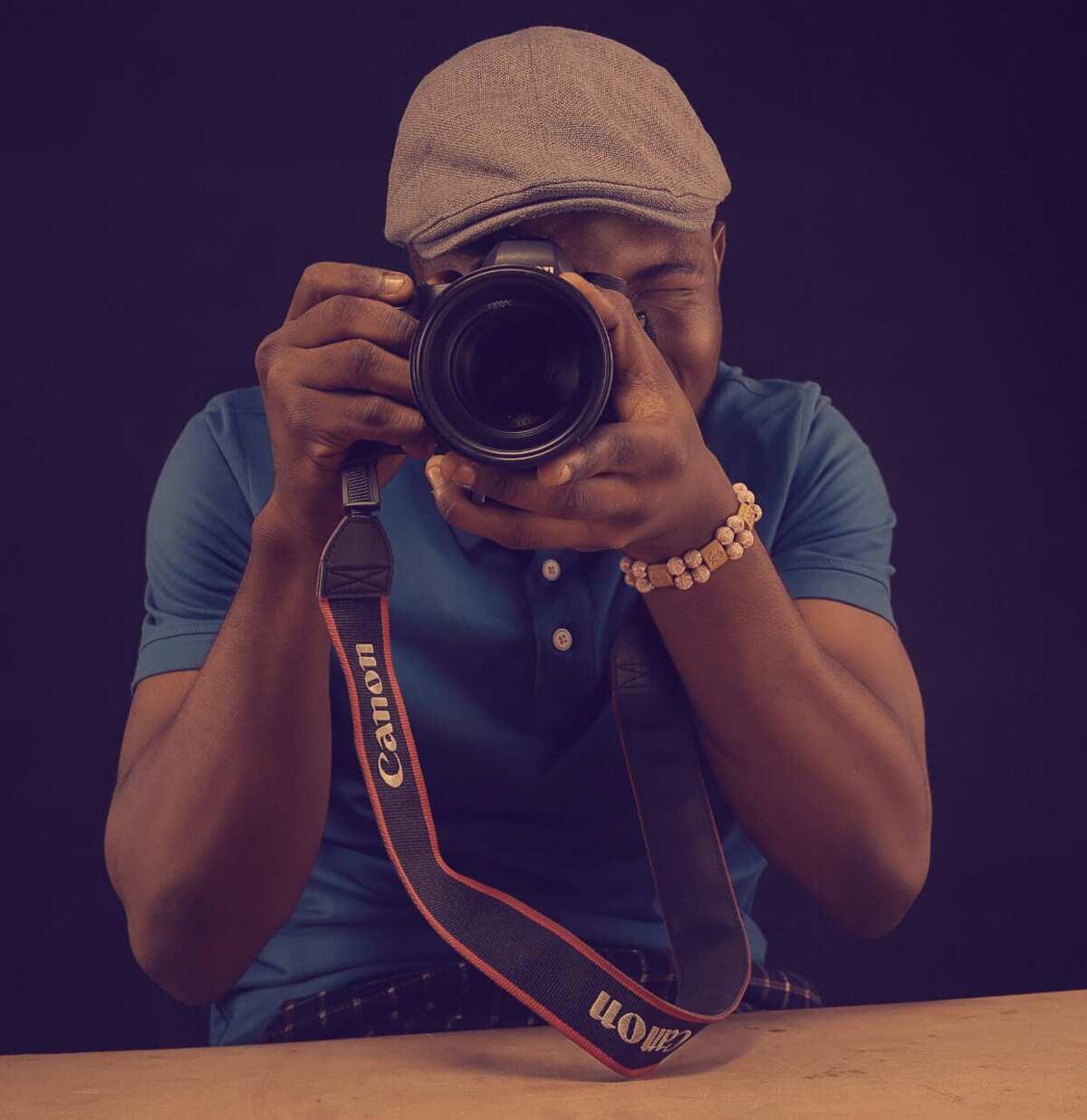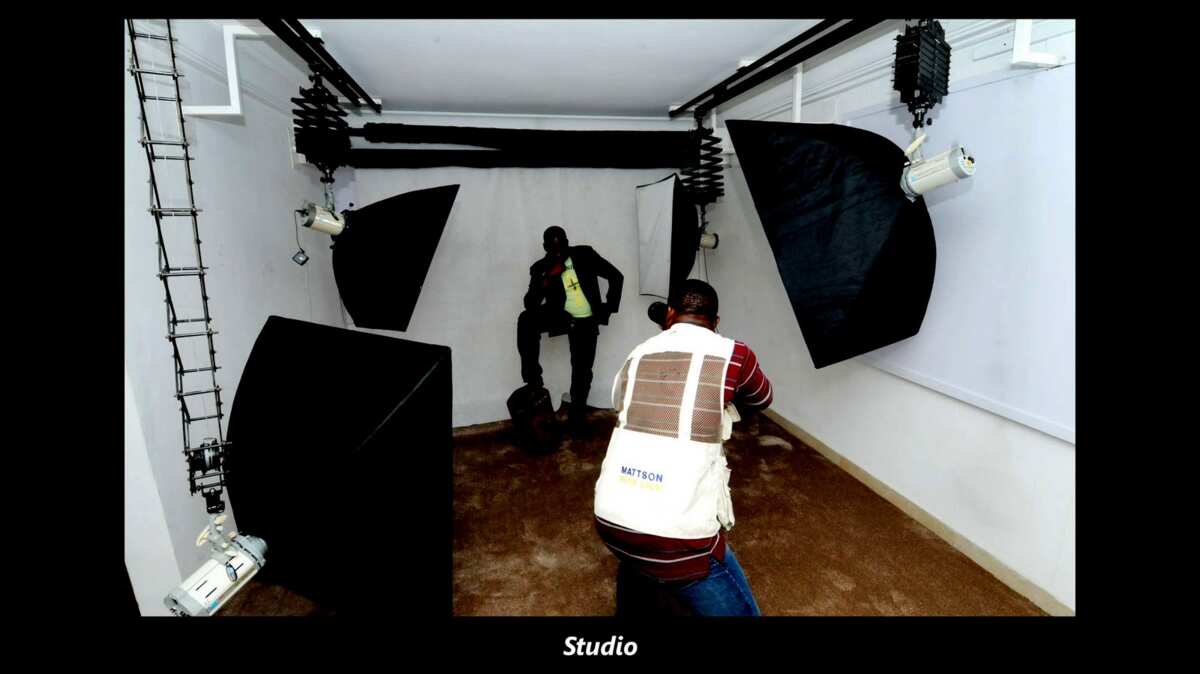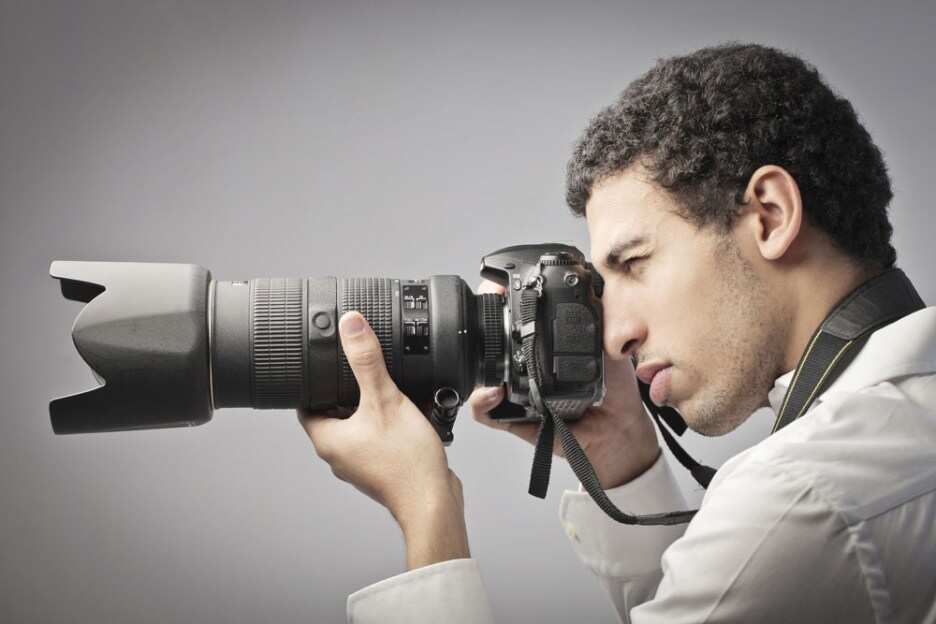Thinking about how to make photography business plan? If you are a creative person, like taking photos, you can become a great photographer. Even if you do not have a special education - it does not matter, all you need is an excellent photography business plan. The main thing is to make a business plan for the photographer and follow it to earn money. After all, this business is gaining more and more popularity due to constant demand.

Photo: Zweezle
Source: UGC
Directions of the photo business
Working as a photographer, you can move in 3 profitable areas of business:
- Photoshoot
- Photos of the documents
- Advertising shooting
Photography in Nigeria

Photo: Business News Daily
Source: UGC
Photo sessions
This is the most profitable earnings in the business of the photographer. By the way, business at weddings is always relevant and beneficial.
This direction of the photo business requires a portfolio. Without showing your photos, you have little chance of getting an order. Make a collection with pictures of loved ones for example.
Keep in mind that digital image correction is always required. If photo processing is carried out at home in this case you do not need to rent an office, and all business meetings can be scheduled in local cafes.
A small studio photo on the documents
Open a mini-studio should be located in places with a high people flow. Order an advertising banner or signboard. This business should be noticeable.
As an extra income, you can offer printing services for ordinary photos, as well as selling photo albums, photo frames, and you can even offer printing services on ceramics, T-shirts or cups.
The studio can be placed in a mall or even a supermarket. Plan your schedule so that you can take on a more successful photo shoot. Photos on the documents are given to the client for 10-15 minutes, that’s why you need a printer for your work.
Advertising photography as a business

Photo: Shoppe Black
Source: UGC
Advertising photography services can also become a profitable business by photographing various types of real estate or goods for cataloging. For this option, it is necessary to look for customers all the time. Try to address different businesses on social media offering your services even for free. After free advertising photo sessions, you’ll have your portfolio, that you can show to your future clients.
READ ALSO: Event planning business plan in Nigeria
If you feel that you do not have enough knowledge to work successfully in the photo business, attend training courses where you will be taught how photography works.
How to start a photography business and compete with other photographers

Photo: PHcityPromo
Source: UGC
Today, the competition in the photography business in Nigeria is very high. The ones who has artistic talent, specific skills and equipment, the ability to submit themselves and their work to potential customers win in the photo business today. Create pages on different social media, but it will much better to have your own website where you will show your work to clients.
Possible business risks:
- loss of digital information (computer failure, system crash)
- poor image quality (poor equipment, lack of light)
- photo processing delay
Create an online portfolio for business
You can show your work both on an individual website and on social networks, but you need to choose the right pictures for demonstration.

Photo: udeozochibuzo BLOG - WordPress.com
Source: UGC
Follow the recommendations
- Choose only high-quality pictures from photo shoots. Even if there are not many of them, it’s okay if there are about 30 photos
- Distribute photos by the subject of photo shoots, for example, wedding, portrait, landscape, subjects, group photos, a couple of pictures with an interesting perspective, staged photos
- Add some information in the portfolio about yourself, you as a professional that will easily distinguish you from the crowd.
- Give links to social networks
- Specify all possible contacts to order a photo session
- Specify prices, and this will be an excellent filter from unsuitable customers
- Post reviews of satisfied customers
- Make it possible to ask you a question
Search for customers

Photo: Business Digest
Source: UGC
The peak of the photo shoot orders will be on the New Year holidays, graduations, summer weekends, wedding season, etc. Therefore, look for clients in advance and carefully plan your schedule in order to use time with maximum results.
Giving business cards to all your customers is essential. A business card is something that will interest potential customers to see your portfolio, so take it seriously. Be sure your business card contains not only contacts but also links where clients can get to see your work.
READ ALSO: Business with low capital and high profit to start in Nigeria in 2019
Source: Legit.ng
from Nigeria News today & Breaking Naija news ▷ Read on LEGIT.NG 24/7 http://bit.ly/2sr8Ew8
via EDUPEDIA24/7
Comments
Post a Comment